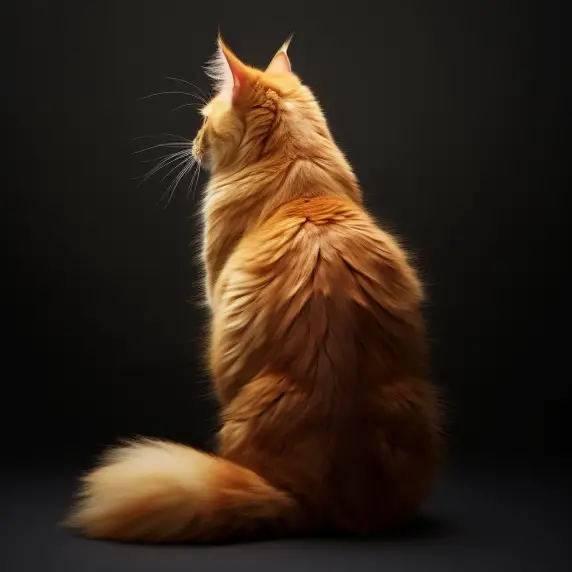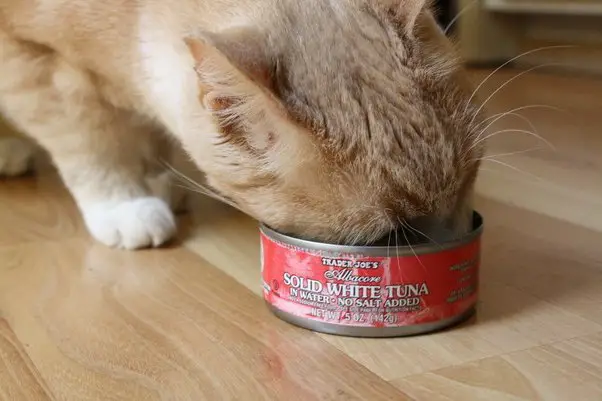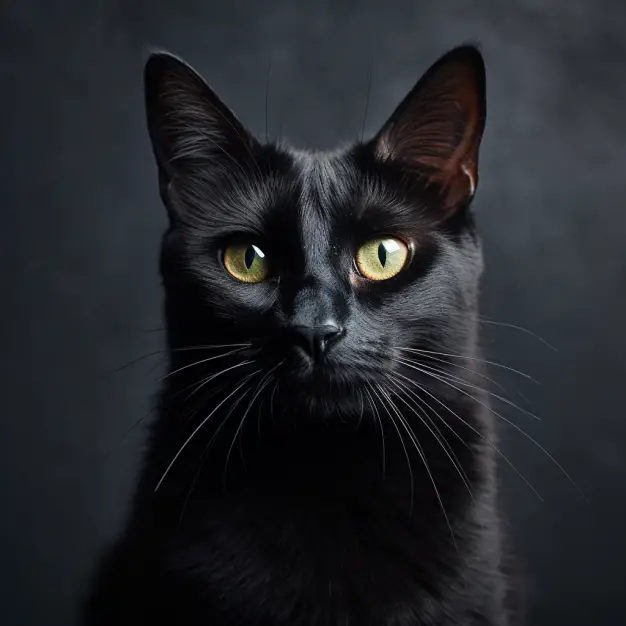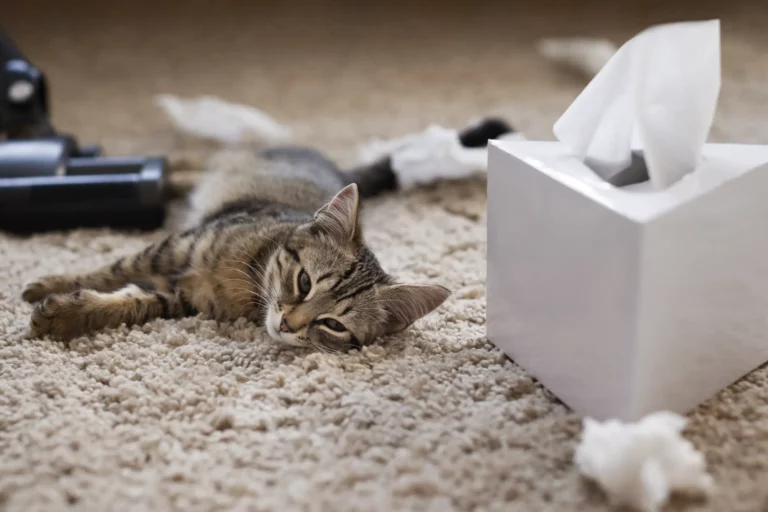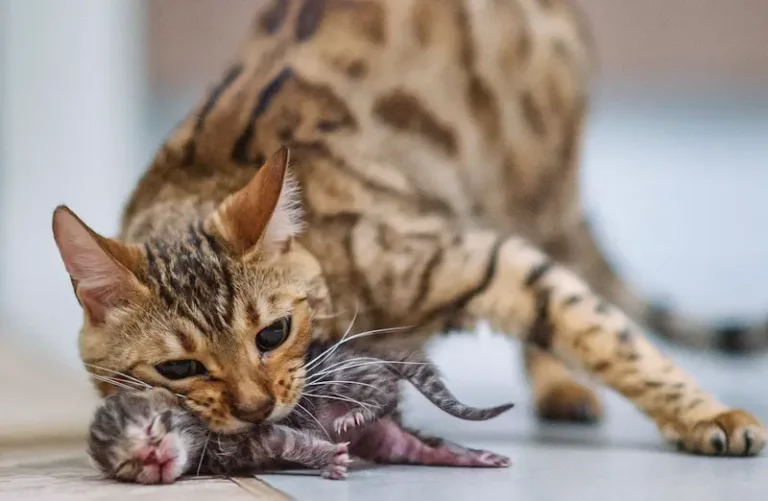Solving the Mystery: Why Your Cat Has Black Boogers
As cat owners, we often find ourselves worrying about the health and well-being of our beloved feline companions. One concern that frequently arises is the presence of black boogers in our cats’ noses. While it may be disconcerting to see these dark nasal discharges, understanding the causes and remedies for black boogers in cats is essential to ensuring their continued health and happiness.
Taking the time to learn about the various factors that can lead to black boogers in your cat’s nose can not only help alleviate your concerns but also equip you with the knowledge necessary to take the appropriate steps in treating and preventing this issue.
This post aims to provide a comprehensive guide to understanding the mystery behind your cat’s black boogers, including their causes, treatment options, and preventive measures.
What Are Black Boogers in Cats?
Black boogers, also known as dark nasal discharges or nasal mucus, are a buildup of dried or semi-dried secretions in a cat’s nostrils. These secretions can vary in color, ranging from a light brown to a deep black hue. While it is normal for cats to produce some mucus to keep their nasal passages moist and trap foreign particles, an excessive amount of dark-colored mucus can be a cause for concern.
Typically, normal boogers in cats are clear or slightly whitish in color and do not cause any discomfort or irritation for the cat. Black boogers, on the other hand, are often indicative of an underlying issue, such as an infection, allergies, or exposure to environmental irritants. These darker secretions can cause discomfort, make breathing difficult for the cat, and may be accompanied by other symptoms such as sneezing, coughing, or nasal discharge.
Common Causes of Black Boogers in Cats
1. Environmental factors
- Dust and pollen: The presence of dust, pollen, or other airborne particles in your cat’s environment can lead to irritation in their nasal passages, resulting in the production of dark-colored mucus as a protective response.
- Smoke and pollution: Exposure to cigarette smoke or air pollution can cause irritation and inflammation in a cat’s nasal passages, leading to the production of black boogers as their body tries to clear out the harmful substances.
2. Allergies
- Food allergies: Cats can be allergic to certain ingredients in their diet, such as specific proteins, grains, or additives. These allergies can cause inflammation in the nasal passages, leading to the production of dark mucus.
- Atopic dermatitis: This is a type of allergic reaction that affects the skin and can also cause inflammation in a cat’s nasal passages. Common triggers for atopic dermatitis in cats include pollen, dust mites, and mold spores.
3. Bacterial and fungal infections
Infections caused by bacteria or fungi can lead to inflammation and irritation in a cat’s nasal passages, resulting in the production of dark-colored mucus. These infections can range from mild to severe and may require veterinary intervention for proper treatment.
4. Nasal foreign bodies
If a foreign object becomes lodged in a cat’s nasal passages, it can cause irritation and inflammation, leading to the production of black boogers. Common foreign bodies include grass seeds, small toys, or even insects.
5. Dental issues
Dental problems, such as tooth abscesses or gum infections, can cause discharge from the affected area to drain into the nasal passages, resulting in the production of dark mucus. In such cases, addressing the underlying dental issue is crucial to resolving the black booger problem.
Diagnosing the Cause of Black Boogers
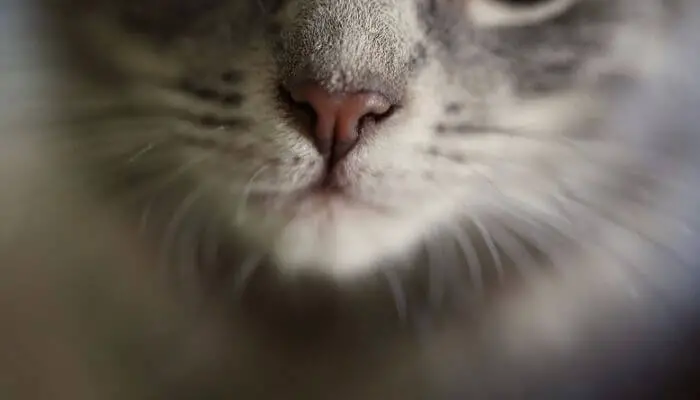
Veterinary examination
- Physical examination: A thorough physical examination by a veterinarian is the first step in diagnosing the cause of black boogers in your cat. The vet will check your cat’s nose, eyes, ears, and mouth for signs of inflammation, infection, or other abnormalities.
- Diagnostic tests: Depending on the findings of the physical examination, your veterinarian may recommend additional diagnostic tests to pinpoint the cause of the black boogers. These tests could include blood work, nasal swabs, X-rays, or even endoscopy to examine the nasal passages more closely.
Identifying potential triggers
- Observing your cat’s environment: To help determine the cause of your cat’s black boogers, it’s essential to observe their environment for potential triggers. Take note of any changes in your home, such as new cleaning products, increased dust levels, or the presence of smoke, which could be contributing to the issue.
- Assessing potential allergens: If you suspect that your cat’s black boogers are the result of an allergy, you’ll need to work with your veterinarian to identify the specific allergen. This may involve an elimination diet for food allergies or allergy testing for environmental allergens, such as pollen or mold spores.
Treatment Options for Cats with Black Boogers
1. Addressing environmental factors
- Improving air quality: Ensuring that your cat’s environment has clean, fresh air is vital in minimizing irritation to their nasal passages. Using air purifiers, regularly changing air filters, and avoiding smoking indoors can help improve air quality and reduce the occurrence of black boogers.
- Reducing allergen exposure: If your cat’s black boogers are caused by allergens, you should take steps to minimize their exposure to these triggers. This may involve frequent cleaning to remove dust and pollen, using hypoallergenic bedding, and eliminating potential food allergens from their diet.
2. Medications
- Antihistamines: If your cat’s black boogers are the result of allergies, your veterinarian may prescribe antihistamines to help reduce inflammation and alleviate symptoms.
- Antibiotics: For bacterial infections causing black boogers, your veterinarian may prescribe antibiotics to target the specific bacteria responsible for the infection.
- Antifungal medications: In cases where a fungal infection is the cause of your cat’s black boogers, your veterinarian will likely prescribe antifungal medications to help clear the infection.
3. Holistic and natural remedies
- Nasal irrigation: Gently flushing your cat’s nasal passages with a saline solution can help remove debris and mucus, providing relief from black boogers. Consult your veterinarian for guidance on how to safely perform nasal irrigation on your cat.
- Herbal supplements: Some herbal supplements, such as quercetin or butterbur, may help alleviate allergy symptoms and reduce the production of black boogers in cats. However, always consult your veterinarian before introducing any new supplements to your cat’s diet.
4. Dental treatments
If your cat’s black boogers are caused by dental issues, it’s crucial to address the underlying problem with appropriate dental care. This may involve professional dental cleanings, tooth extractions, or other necessary treatments as recommended by your veterinarian.
Preventing Black Boogers in Cats
1. Regular cleaning and grooming
Keeping your cat’s living environment clean and well-maintained can significantly reduce the risk of black boogers. Regularly vacuuming, dusting, and washing your cat’s bedding can help minimize the presence of allergens and irritants. Additionally, grooming your cat regularly can help remove pollen and other particles from their fur, reducing the likelihood of nasal irritation.
2. Monitoring your cat’s environment
Being proactive in monitoring your cat’s environment is essential for preventing black boogers. Ensure that your home is well-ventilated, avoid exposing your cat to smoke or harsh chemicals, and pay attention to any changes in their surroundings that could potentially trigger an allergic reaction or irritation.
3. Providing a balanced diet
Feeding your cat a balanced, high-quality diet can help support their overall health and immune system, making them less susceptible to infections or allergies that could cause black boogers. If you suspect that your cat may have a food allergy, work with your veterinarian to identify and eliminate the problematic ingredient from their diet.
Final Thoughts
While black boogers in cats may seem like a minor issue, they can be an indication of underlying health problems that require attention. By understanding the potential causes and taking appropriate steps to diagnose, treat, and prevent black boogers, you can ensure that your cat remains healthy and comfortable.
As a cat owner, it’s essential to be proactive in monitoring your cat’s health and well-being. By staying informed about common issues like black boogers and seeking veterinary guidance when needed, you can contribute to your cat’s overall quality of life. Remember, responsible cat ownership involves not only providing love and care but also addressing potential health concerns to keep your feline friend happy and healthy.
Frequently Asked Questions
Is it normal for cats to have black boogers?
While it is normal for cats to have some mucus in their nostrils, black boogers are usually indicative of an underlying issue, such as allergies, infections, or exposure to environmental irritants. If you notice black boogers in your cat’s nose, it is essential to consult your veterinarian to identify the cause and initiate appropriate treatment.
How often should I clean my cat’s nose to prevent black boogers?
There is no specific frequency for cleaning your cat’s nose to prevent black boogers, as it largely depends on the individual cat and the underlying cause. However, regularly monitoring your cat’s nose for any signs of dark mucus and gently wiping it away with a soft, damp cloth can help keep their nasal passages clean. If black boogers persist, consult your veterinarian for advice on how to address the issue.
Can black boogers in cats be a sign of a more serious health issue?
While black boogers themselves may not be a severe health issue, they can sometimes indicate an underlying problem, such as bacterial or fungal infections, allergies, or dental issues. It’s essential to consult your veterinarian if you notice black boogers in your cat’s nose, as they can help diagnose the cause and recommend appropriate treatment.
How can I tell if my cat’s black boogers are caused by allergies or an infection?
Determining whether your cat’s black boogers are caused by allergies or an infection typically requires a veterinary examination. Your veterinarian will perform a physical examination, assess your cat’s medical history, and may recommend additional diagnostic tests to identify the cause. Signs of allergies may include itching, skin irritation, and sneezing, whereas an infection may present with fever, lethargy, and nasal discharge.
Are there any breeds of cats that are more prone to developing black boogers?
There are no specific cat breeds that are more prone to developing black boogers. However, cats with flat faces or brachycephalic breeds, such as Persians or Exotic Shorthairs, may be more susceptible to respiratory issues due to their facial structure, which could increase the likelihood of black boogers. Regardless of breed, it’s essential to monitor your cat’s health and consult your veterinarian if you notice any concerning symptoms.


